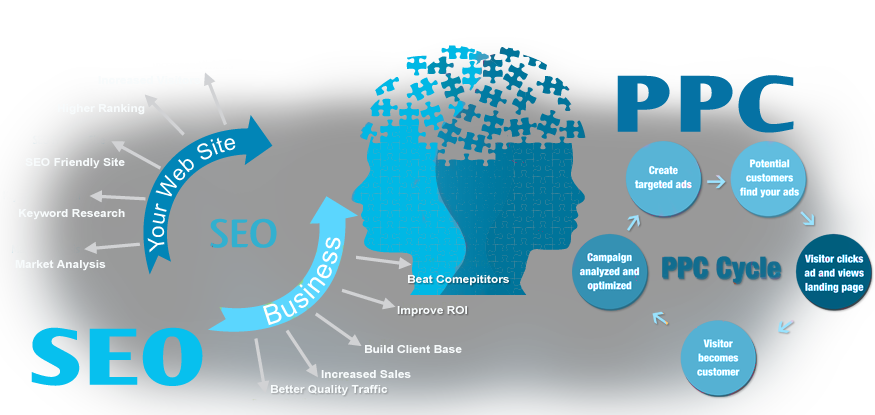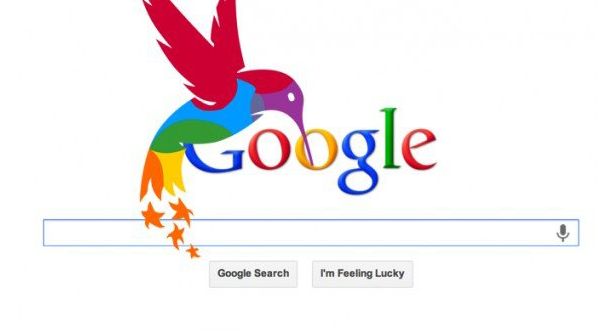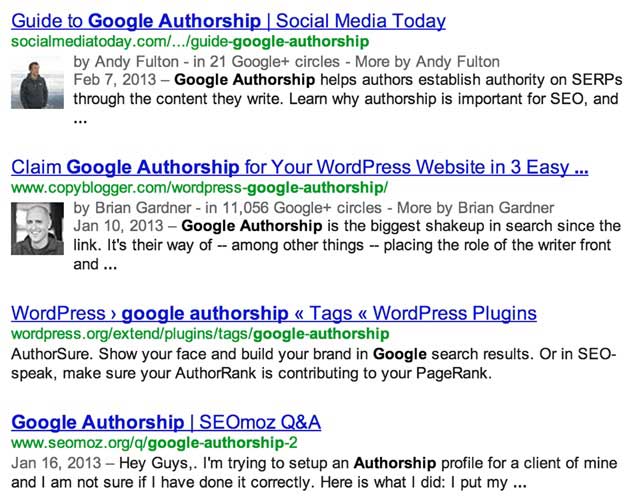Getting into the SEO
glossary list once more, this is the second list as I got on with the first
list successfully. I got a lot of likes on the StumbleUpon page. Here is
another list coming your way:
F
Feed - Content
delivered to the user via a special website or programs like the news aggregators
FFA – Free For
All is a page or site with many outbound links to some irrelevant websites,
containing little unique contents.
Frames – A web
design where two or more than two documents appear on the same screen each
within their own frame. Frames are not good for SEO as spiders fail to
navigate them in the right order.
Fold – The
Webpage cut off by the bottom of the screen at this line. This gives an initial
glimpse of the webpage and gives pertinent information to the viewer without
scrolling down the entire page.
G
Gateway Page – A
web page attracts traffic from the search engine and then redirects it to
another site or page. A doorway page is not similar to cloaking, but the effect
remains same as the user and search engines serve as different content.
Gizmo – The
smallest application used on the web page to provide a specific function like
hit counter or IP address display. They are good link bait.
Google Bomb – It is the combined effort from the multiple webmaster to change the Google Search
Result to have a humorous effect. Like “a miserable failure – George Bush” and
“Greatest American Living – Steven Colbert”.
Google Bowling -
Malicious way to lower the site rank by sending the links to bad sites.
Google Dance – A
change in the SERP caused due to update in Google database or Algorithm.
Google Juice – It
is the trust or authority from Google, which flows through the outbound links
to other neighborhoods.
Google Keyword Tool –
A tool that is going to provide the SEO Analyzers with new keyword ideas based
upon the keywords they type.
GYM – Google,
Yahoo and Microsoft, the three big search engines spelt together
H
Hit – It is a
standard, which once judged the web traffic, but now they are replaced by page
views a.k.a Impressions. A hit occurs when the server sends an object – documents,
graphics, files etc. One page view can generate many hits.
Hubs - It is a
trusted page with high quality contents, which send links to other quality
pages
HTML (Hyper Text Markup
Language) – These are used to add formatting and web functioning to plain text
for use on the internet. HTML called the mother tongue of the search engines so you
must strictly use it at the webpage.
Header Tags (H1, H2,
H3) – This is an important piece of HTML code which indicates the search
engines on what is present in your web page.
Home Page – This
is the most important page and the first page seen if you type your domain in
the address bar.
.htaccess – A
file on your website server by which you are allowed to set a number of
functions.
Hummingbird – A popular Google Algorithm
launched in 2013 that focus on improving conversational search.
I
Impression – When a user views a webpage one time
at least
Inbound Link – A link from a website that points
towards your website
Internal Link – A link to connect one page of your
website to another page
Information Architecture – The way, by which you categorize,
organize and access the content in your website.
Index (n) – A database of the webpage and their
content from which the search engines use them every time.
Index (v) – This is the process to add webpage
to the search engine index
IP (Internet Protocol) Address
– This is a
unique number given to the computer or server connected to the internet.
J
JavaScript – To add dynamic features to your website,
this is a special type of code.
Wait for three
more lists, which are going to end the glossary list. Bookmark the pages for
quick reference.
























